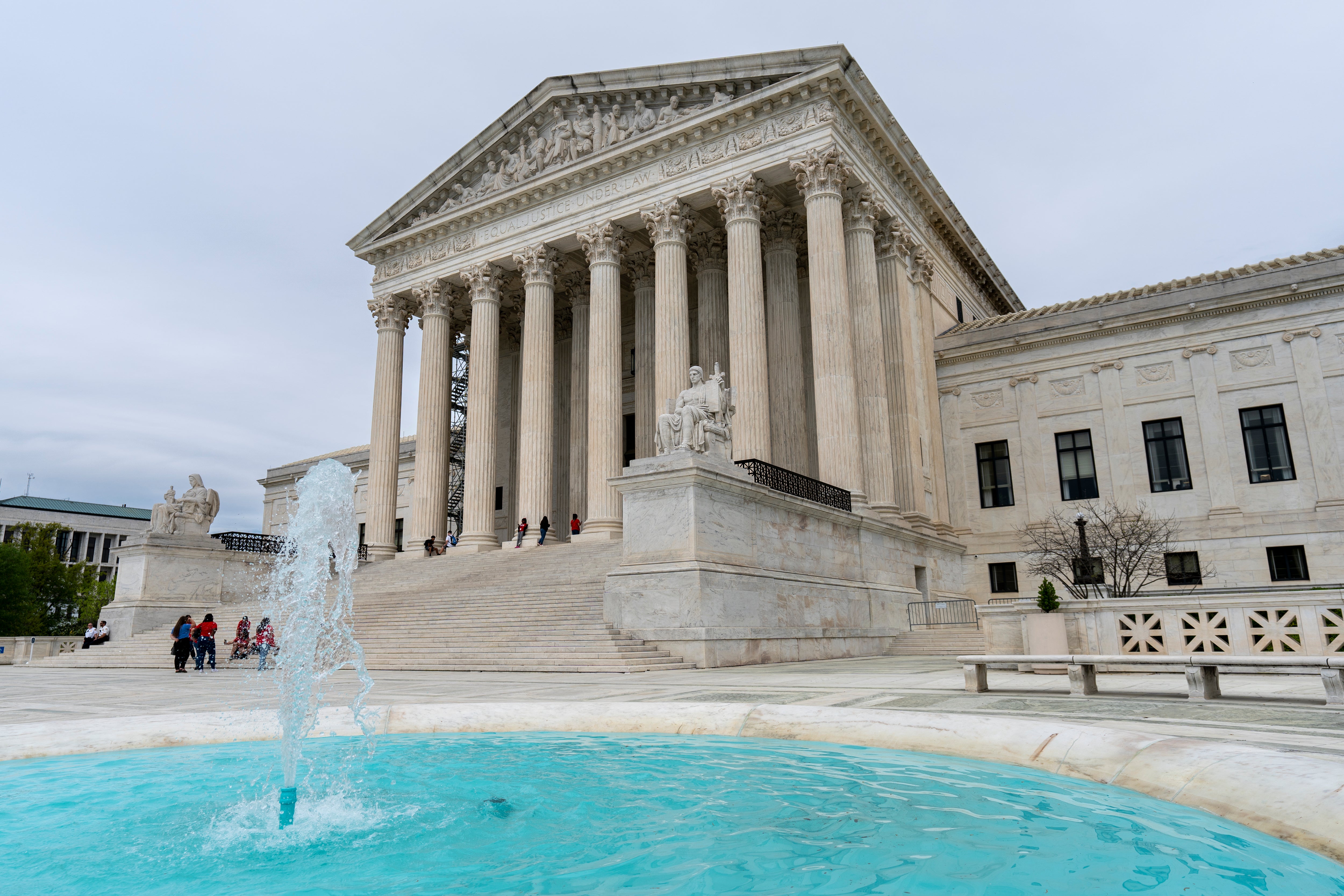Supreme Court dismisses case in which Democratic lawmakers sued over Trump hotel lease
The Supreme Court has dismissed a case about limits on lawsuits filed by members of Congress against the federal government

The Supreme Court on Monday dismissed a case it had planned to hear about limits on lawsuits filed by members of Congress against the federal government, in a dispute that involved the former Trump International Hotel in Washington.
The justices threw out a federal appeals court ruling that had allowed a lawsuit by Democratic members of the House Oversight Committee to continue. The court's decision Monday had been sought by the Biden Justice Department, which had worried that the appeals court ruling, if let stand, could lead to a flood of lawsuits from individual members of Congress against the administration.
The had lawmakers filed their complaint in 2017 over the Trump administration's refusal to turn over information about the Trump Organization's lease of the hotel on Pennsylvania Avenue, between the White House and the Capitol.
The high court's action was prompted by the decision of the Democratic lawmakers, earlier in June, to voluntarily end their case in a federal district court.
Donald Trump's family no longer owns the hotel, now a Waldorf Astoria, and much of the information the lawmakers sought was eventually provided. The only documents that had been at issue were internal legal opinions.
The justices stepped into the case last month, at the urging of the Biden administration. The Justice Department had argued that it was important to wipe the appellate ruling from the books so as not to encourage many other individual lawmakers to sue this administration or future ones in similar fashion.
Members of Congress ordinarily can't go to federal court as individuals or in small groups and assert that their status as lawmakers gives them the right to sue when the administration in power refuses to comply with their demands for information.
But a 95-year-old law allows any seven members of the House Oversight Committee or five senators on that body's similar committee to request and be provided certain information from federal agencies.
Negotiations have almost always resolved any disputes. But the question of how to enforce the law when efforts at compromise fail has never been resolved. Since the law's enactment in 1928, lawmakers sued only twice previously and those cases, like this one, ended without significant legal rulings.
Bookmark popover
Removed from bookmarks